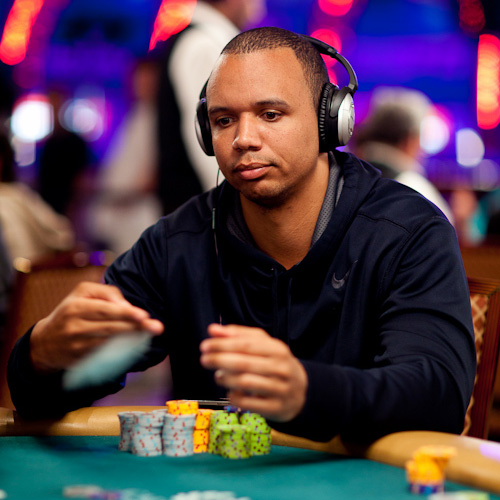
The years-long fallout from the Phil Ivey edge-sorting case continues. Last we heard, Marina District Development Co, LLC, the Borgata’s parent company, successfully garnished Ivey’s World Series of Poker winnings. Now, two of Ivey’s backers for the WSOP are trying to get their share back.
Poker pros Daniel “Jungleman” Cates and Illya Trincher have filed a legal objection to the writ of execution that allowed the Borgata to grab Ivey’s WSOP earnings. According to the filing, Cates and Trincher staked Ivey in the 2019 WSOP Event #58, the $50,000 Poker Players Championship. They put up all of Ivey’s buy-in in exchange for a piece of his action. They say that a portion if his winnings legally belongs to them and therefore cannot be taken by the Borgata.
Cates and Trincher say they had an agreement with Ivey in which they would be due the first $50,000 of any of Ivey’s winnings in the $50,000 PPC. After that, any profit left over would be split half-and-half between Ivey and the staking duo.
Ivey ended up winning $124,410 for an eighth place finish in the prestigious event. After paying back the $50,000, that left $74,410 in profits. Half of that is $37,205. Therefore, Cates and Trincher claim $87,205 of Ivey’s PPC winnings are theirs and not subject to garnishment.
According to Haley Hintze at Flushdraw.net, the objection was filed on August 30th by Richard A. Schonfeld of the law firm Chesnoff and Schonfeld. In the filing, Schonfeld presented a text chat transcript between Cates and Trincher from June 24th in which Trincher said he paid Ivey the $50,000 for the tournament.
While staking deals are legally enforceable in Nevada, Hintze posits that one problem Cates and Trincher could face is that they should well have known that Ivey’s earnings were going to be subject to garnishment. Ivey’s legal battle has been going on for years and the garnishment was approved in February.
And I am not a lawyer by any means, but Hintze also makes a point that I think is very interesting when she writes:
Such an objection, if upheld, would also provide gamblers in Nevada and some other US states a wide-open channel for dodging all sorts of legal judgments, simply by creating a multi-layered net of backing deals. There’s no evidence that happened here, but backing Ivey could well end up being adjudged a “buyer beware” situation, where Cates and Trincher could also be forced to pursue Ivey legally for the lost $87,205.
Of course, most poker fans are probably wondering how Ivey doesn’t have $10 million when he is arguably the best poker player of all time and has won vault-loads of money over the last couple decades. As my colleague Earl Burton pointed out recently, it is entirely possible that his money is tied up in investments, property, businesses, and the like and that he doesn’t have access to that much cash. Or he’s just refusing to pay. The saga continues.























